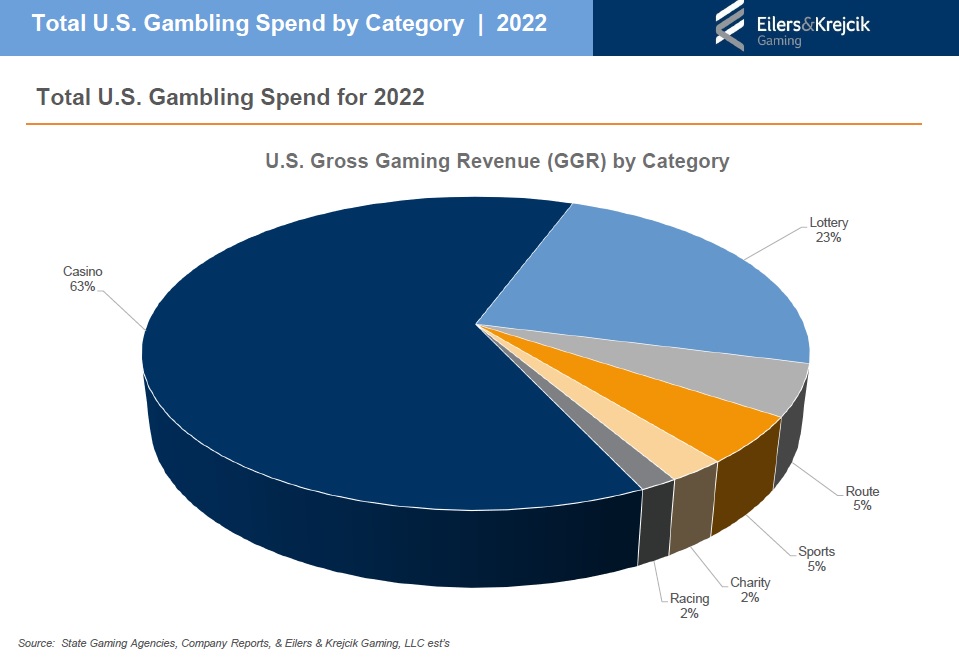The US, post-PASPA betting space is growing rapidly, already outpacing UK

Online gambling is now one of the fastest growing industries worldwide. In many countries, such as the United Kingdom, betting companies were quick to adopt their business models and capitalize on the digitalization of gambling. Other markets, however, like the United States, have stricter policies that govern the industry, meaning their attempts to change were much slower than many would have liked.
The connection between gambling and the United States runs deep with more than half of the planet’s leading casinos located in North America. The change felt inevitable and so it was in May of 2018, a ruling change from the Supreme Court changed everything and the U.S. hasn’t looked back since.
May 14th, 2018 was a crucial day in the history of online gambling in the United States. On this day, the U.S. Supreme Court ruled out the Professional and Amateur Sports Provision Act (PASPA) that prohibited any kind of online sports betting across the country. Its repeal gave the option to all individual states to make their own decisions on the matter.
The earliest movers were New Jersey, New York, Delaware, Mississippi, and Pennsylvania. Monmouth Park Racetrack in New Jersey thus became the maiden sportsbook available for bettors outside of Nevada. As expected, New York closely followed the pattern, allowing its residents to place legal wagers on their favorite sports teams. We all know that New York is a huge betting market as a home to the governing bodies in some of the most popular professional leagues such as the NBA, NFL, and MLB.
By the end of 2020, the US iGaming market was worth $2.1 billion and had an estimated compound annual growth rate (CAGR) of over 17% in the next five years.

The market is only going to get bigger in the years to come. UnivDatos Markets Insights thus predicts a 10% growth in the online sports betting industry in the United States from now to 2027. Their analyses show the continuous expansion of each sport, including hockey, basketball, football, and baseball. We can already see the biggest online betting companies in the U.S. have heavily advertised in pretty much any significant sports show or match in the country.
Gross revenue across 23 active online sports betting states soared by 91% year-on-year to an estimated USD 6.9 billion and, in doing so, overtook the parallel U.S. iGaming sector where GGR is estimated to have risen by 34% to USD 5.5 billion across a smaller footprint of seven states.
U.S. states in favor of legislating the iGaming industry recognize the great potential of additional tax income that can provide a big boost to their economy. These funds can then be reinvested into essential services and in addition, they believe that regulation will help stamp out black market operations, thus providing support to those who might struggle with a lack of protection. Last but not least, states believe that developing the sector will bring investment and more jobs to their local economies.
The online sector’s growth has been driven by an unprecedented deluge of successful gambling expansion bills in recent years and a step change in consumer habits following the onset of COVID-19 that has been sustained amid a strong rebound in land-based casino revenue.
U.S. consumers spent USD 157 billion on gambling activities in 2022 according to a report from Eilers & Krejcik Gaming. Casinos captured 63% of the total GGR, followed by Lottery at 23%, then Distributed Gaming/Route Ops (5%), Sports Betting (5%), Charity (2%), and Racing (2%), with retail and online gambling spend combined for each category. The online channel (including online casino, poker, sports betting, iLottery, and pari-mutuel ADW) represented 9% of the total vs. 7% the prior year.

However, market growth from 2024 onwards should become more organic in nature. In fact, a lack of new markets has already constrained growth on the iGaming side. Just two additional states (Indiana and Iowa) are expected to go live over the next years.
On the sports betting side, strong growth in existing states such as Illinois, Tennessee and Virginia during 2022 was supported by sizable contributions from newer online markets, including Arizona, Louisiana and, most notably, New York. The launch of online sports betting in Maryland, Kansas and Ohio during the 2022 NFL season was followed by the debut in Massachusetts (March 10th 2023), with these four states expected to collectively drive well over USD 1 billion in incremental gross revenue during 2023.
According to VIXIO GamblingCompliance estimates, regulated U.S. online gambling revenue will reach USD 23.8 billion in 2026 and iGaming expanding at an equivalent CAGR of 13% to USD 9 billion. Their data also shows that regulated U.S. online sports betting and gaming gross revenue jumped by 61% to an estimated USD 12.4 billion in 2022, blazing past the symbolically significant USD 10 billion mark, as the U.S. overtook the UK to become the largest regulated online gambling market in the world, within four years of the 2018 repeal.
It is easy to understand the reasoning behind these numbers. The constant growth in online gambling comes in conjunction with the continuous and rapid rise in technologies. New smartphones appear every single year, bringing online casino games closer to people. Digital e-wallets also help the case, making it possible for people to place wagers in just several clicks without the need for leaving the comfort of their homes.

